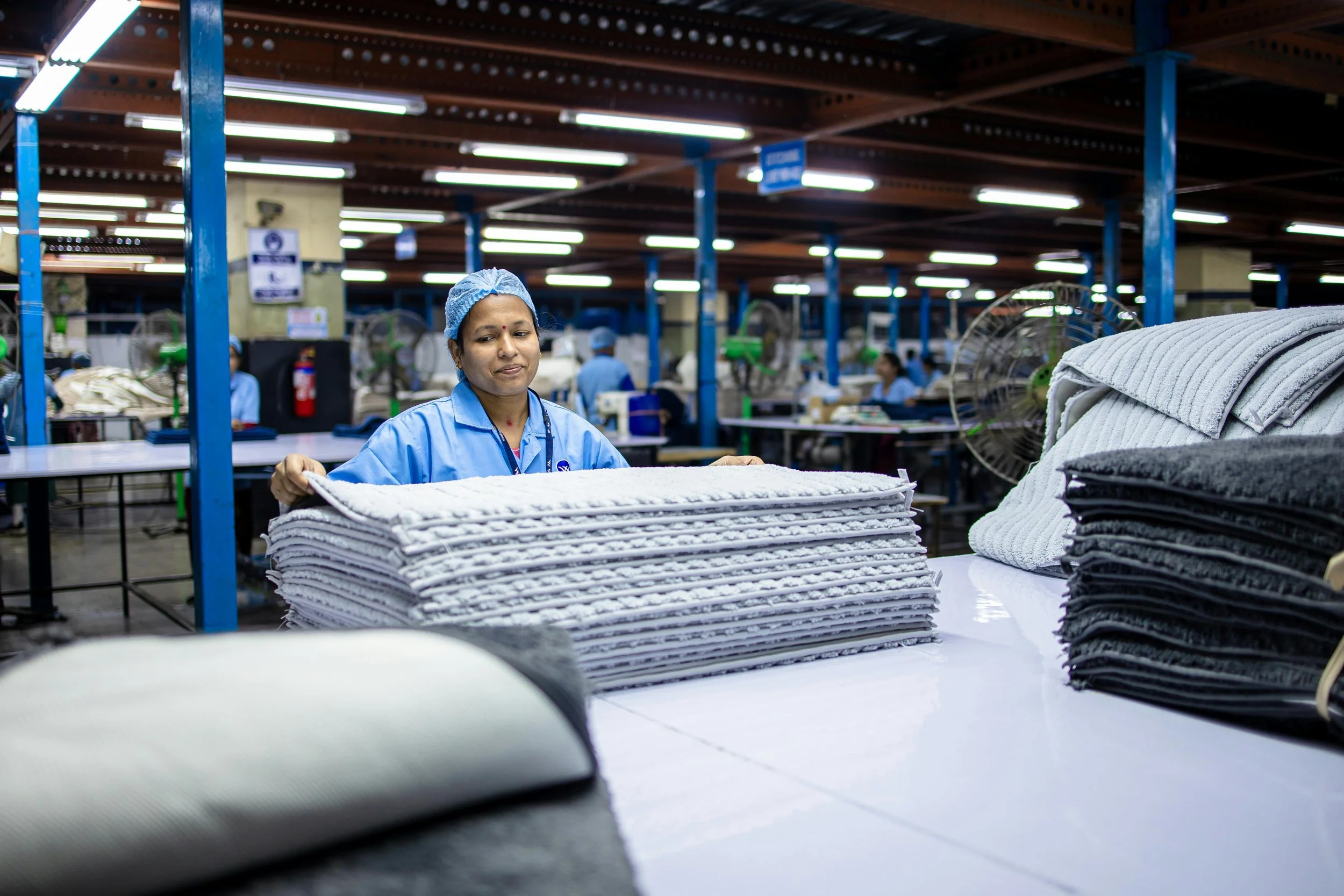● Project Activities
A 24-Month Path to a Future-Ready Workforce
The E-SHIFT project follows a well-structured design and timeline covering 24 months, from September 2025 to August 2027. It is organised into 5 interconnected work packages that build progressively from research and analysis to practical implementation and large-scale dissemination.
The first stages focus on analysing digital entrepreneurship and e-commerce ecosystems, followed by the creation and testing of adaptive microlearning pathways and hands-on training modules for manufacturing workers.
In the final months, the focus shifts toward impact scaling and dissemination, including national events across partner countries and a final conference in Paris, France to showcase results and promote long-term adoption of the project’s outcomes.
Work Packages (WPs)
Work Package 1 (WP1)
Project Management
This work package provides the structural backbone of the E-SHIFT project, ensuring that all activities are implemented effectively, on time, and within scope. It establishes a transparent framework for coordination among the six partner organisations, defining clear roles, responsibilities, and communication channels.
WP1 also oversees financial management, quality assurance, and risk mitigation to maintain high performance and accountability. Regular partner meetings, progress monitoring, and evaluation procedures ensure that all outputs meet the expected standards of the Erasmus+ programme.
Work Package 2 (WP2)
Analysis of Digital Entrepreneurship, E-Commerce, and Workforce Transition
WP2 serves as the analytical core of the project. Its primary aim is to map the evolving landscape of digital entrepreneurship and e-commerce in Europe and identify how these trends affect manufacturing and assembly line workers. The outcome (i.e., a Skills Assessment Matrix and comprehensive analytical report) will pinpoint critical skill gaps and highlight emerging opportunities in the digital economy.
Work Package 3 (WP3)
Smart Learning Pathways: Adaptive Microlearning for Digital Transition
WP3 focuses on designing an innovative adaptive microlearning framework that enables workers to acquire digital skills flexibly and progressively. It will develop short, targeted learning modules on digital entrepreneurship, e-commerce, and AI-driven transformation, all aligned with EU competence frameworks (DigComp and EntreComp). Additionally, WP3 will provide a dedicated capacity-building programme for educators and trainers.
Work Package 4 (WP4)
Future-Ready Workforce: Digital Training for Manufacturing Transitions
WP4 brings E-SHIFT’s vision to life by delivering practical, hands-on training for manufacturing workers. It focuses on translating the adaptive microlearning materials into applied training experiences, using work-based simulations and real-world scenarios drawn from digital business and e-commerce contexts. Through collaborative workshops, mentoring, and pilot testing, workers will strengthen both their technical and entrepreneurial competences.
Work Package 5 (WP5)
Scaling Impact: Strategic Outreach and Dissemination
This final work package ensures that E-SHIFT’s impact extends well beyond the project’s lifetime. WP5 develops a comprehensive dissemination and communication strategy to share results with policymakers, educators, business associations, and the wider public. It establishes a strong visual identity for the project, produces promotional materials, and leverages digital channels to reach diverse audiences. National multiplier events and a final European conference will showcase results, foster dialogue, and encourage the adoption of E-SHIFT’s training model.
EXPECTED RESULTS
EXPECTED RESULTS
E-SHIFT will generate a coherent set of results designed to strengthen Europe’s capacity to reskill manufacturing and assembly line workers for the digital era:
A Skills Assessment Matrix mapping manufacturing workers' competencies and training needs.
A research report analyzing digital business models, market trends, and workforce challenges.
An adaptive EQF5+ microlearning pathway with EU-certified credentials reaching 200 participants.
Capacity-building activities for 150 educators.
Practical training for 100 manufacturing workers with certification.
A digital outreach strategy and impact reports tracking project success.








